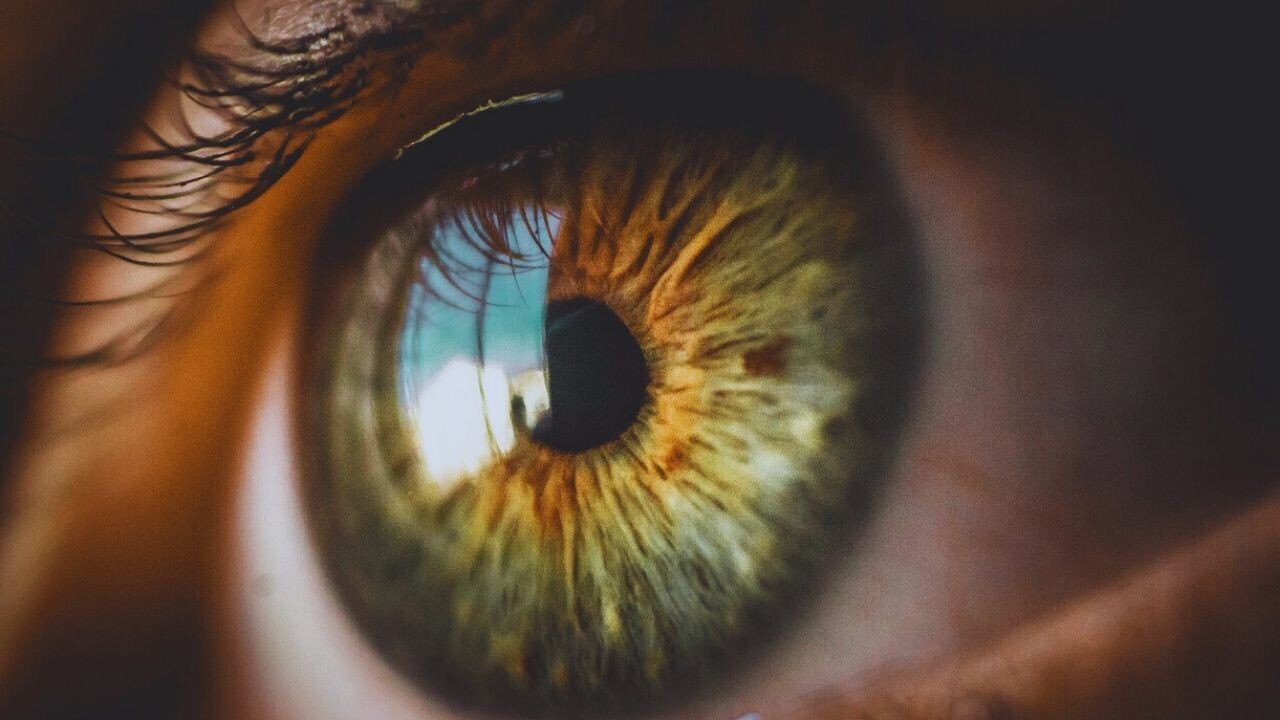
3D eye scans used in eye clinics and high-street opticians could help detect signs of Parkinon’s disease about seven years before clinical symptoms appear, a new study has found.
Using eye data to identify health conditions is no novelty in the medical word. But advancements in ocular health monitoring tech and computing power have, in recent years, broadened the scope of diagnoses.
A type of 3d scan, known as optical coherence tomography (OCT), has been key to this progress. An OCT scan produces a cross-section of the retina (the back of the eye) in remarkable detail — down to one thousandth of a millimetre — in less than a minute. Such a scan of the retina is the only non-intrusive way to observe cell layers below the skin’s surface.
As part of the study, a research team from the UCL and the Moorfields Eye Hospital in London used AI to analyse OCT scans from two large databases: the AlzEye and the UK Biobank dataset, comprising 154,830 and 67,311 individuals, respectively.
The results confirmed previous findings of a thinner ganglion cell–inner plexiform layer (GCIPL) in Parkison’s patients. The data also revealed atrophies of the inner nuclear layer (INL). Furthermore, the researchers found that the reduced thickness of both layers is associated with the development of the disease.
While further research is needed, lead author Dr Siegfried Wagner is hopeful that the method could soon become a pre-screening tool for individuals at risk of Parkinson’s.
“Finding signs of a number of diseases before symptoms emerge means that, in the future, people could have the time to make lifestyle changes to prevent some conditions arising, and clinicians could delay the onset and impact of life changing neurodegenerative disorders,” he said.
Meanwhile, a group led by the study’s senior author, Professor Pearse Keane, has been awarded funding by the UK Research and Innovation to scale and validate the foundation model.
The study adds to the value of the growing field of “oculomics,” which harnesses machine learning and data from eye scans to reveal signs of diseases such as Altzheimer’s and multiple sclerosis.
Get the TNW newsletter
Get the most important tech news in your inbox each week.




